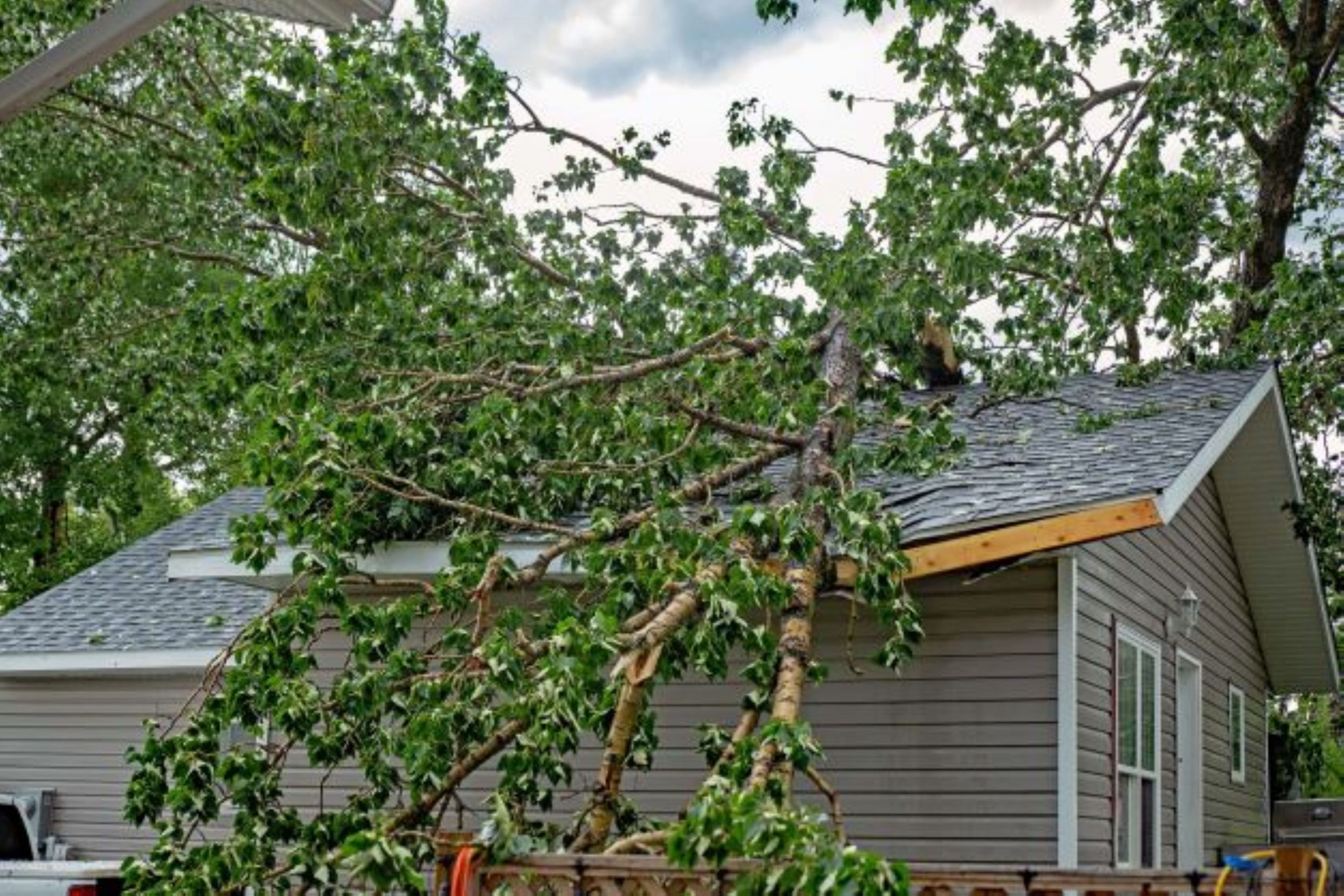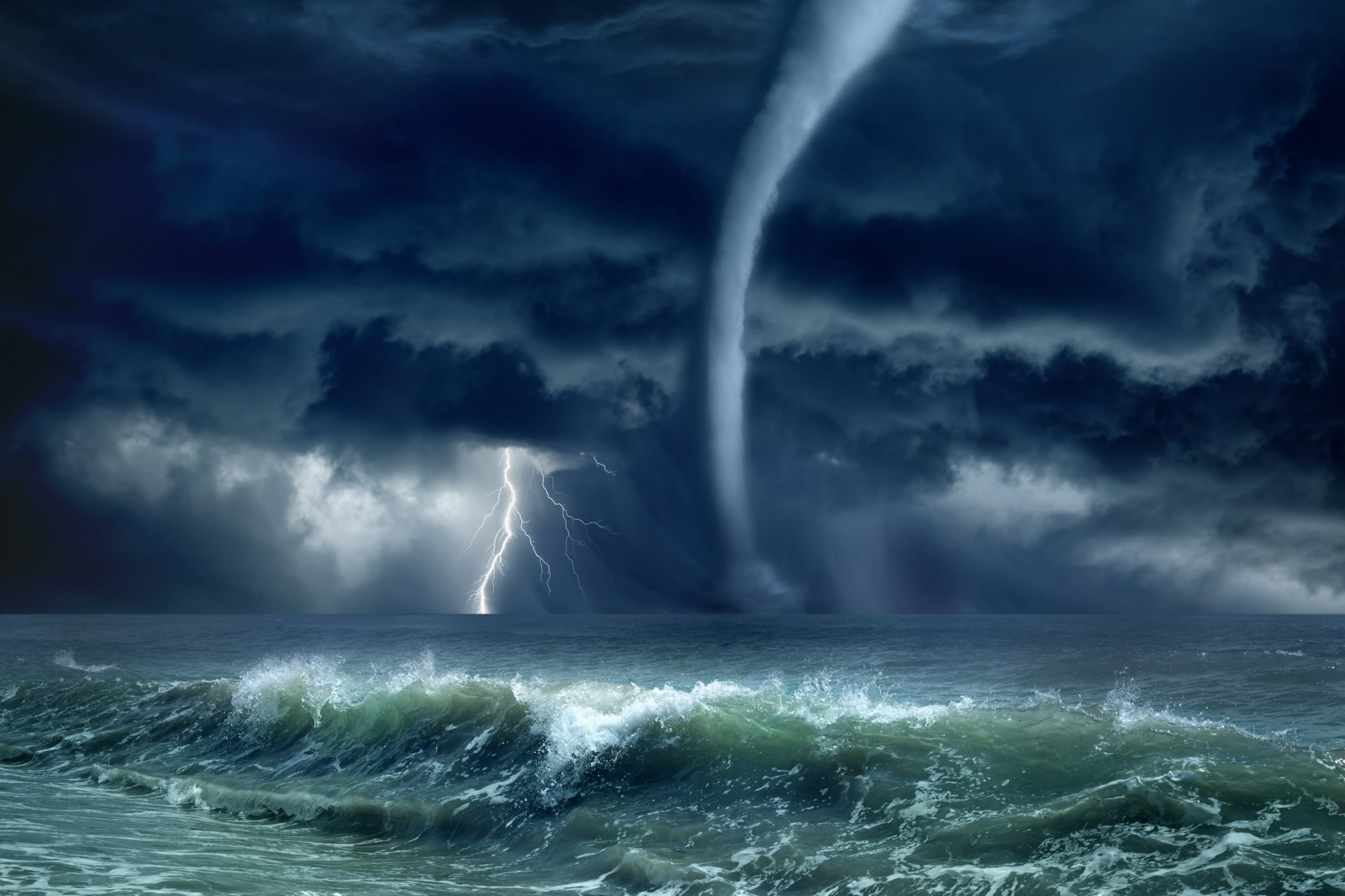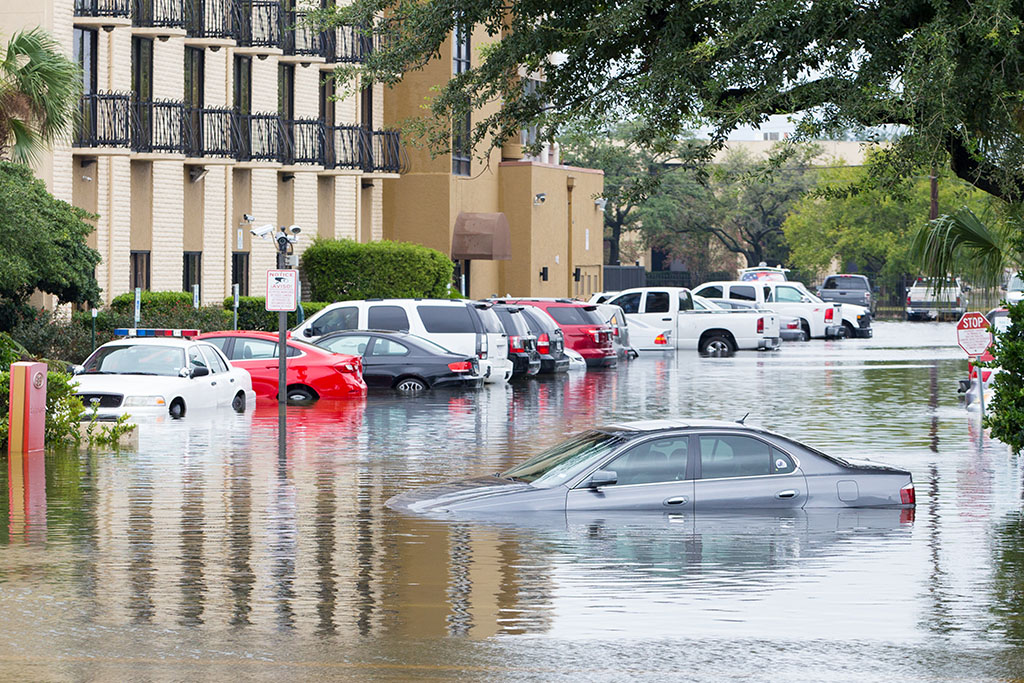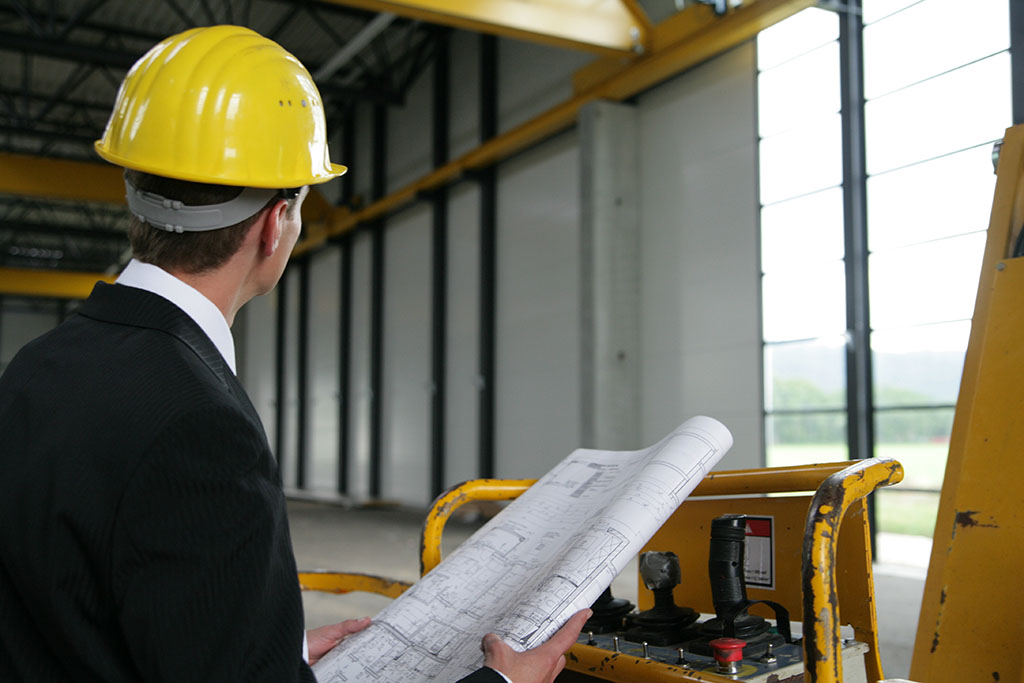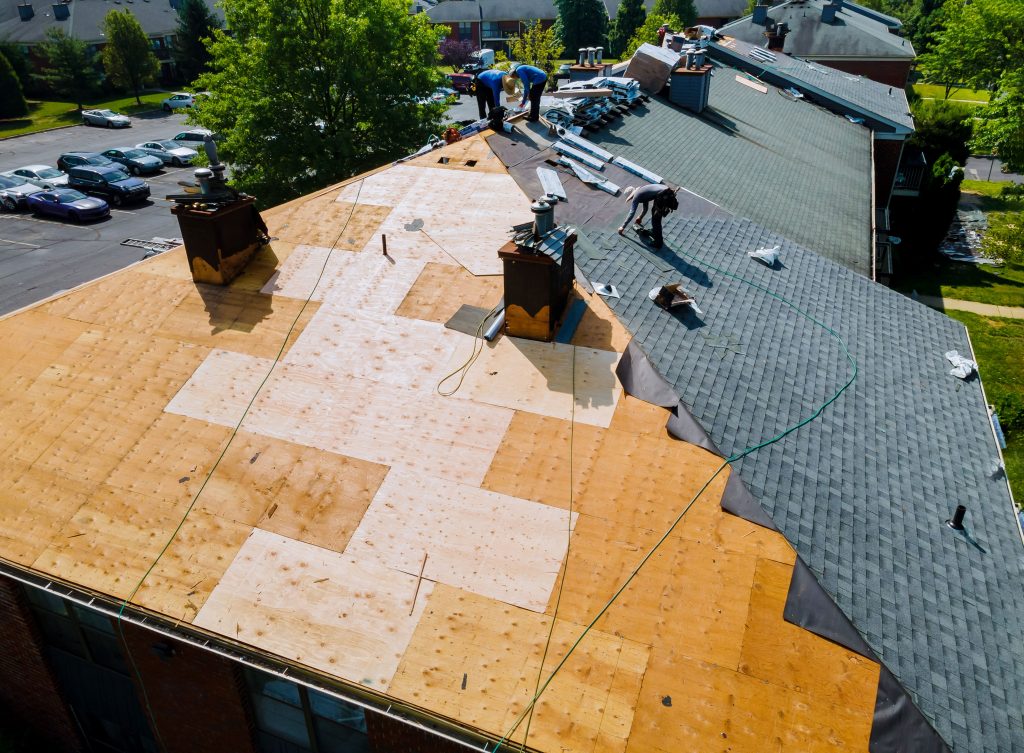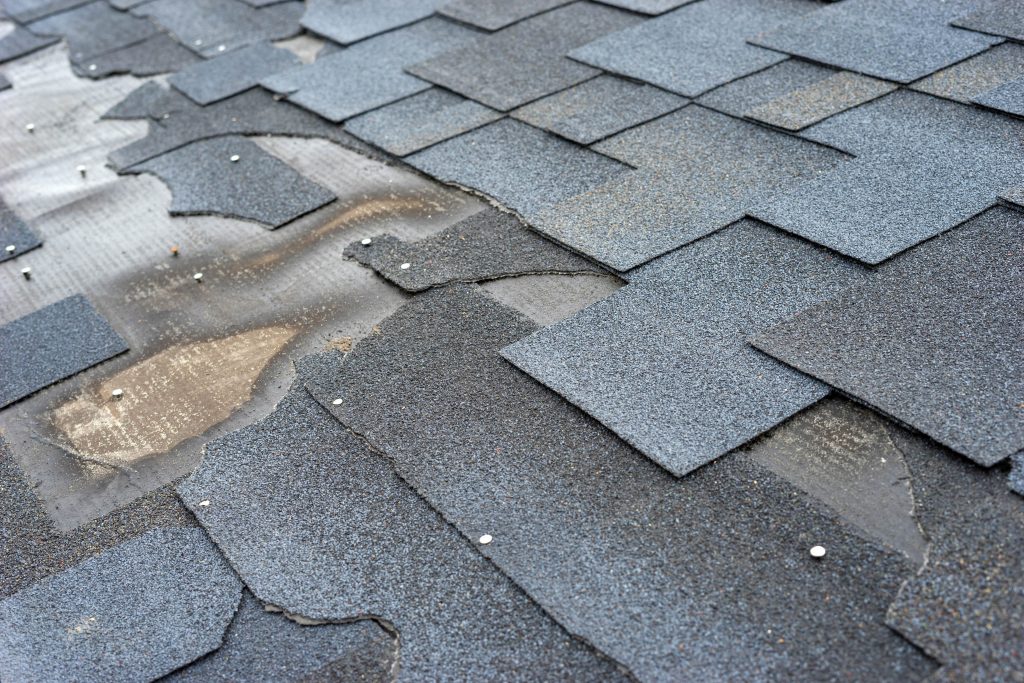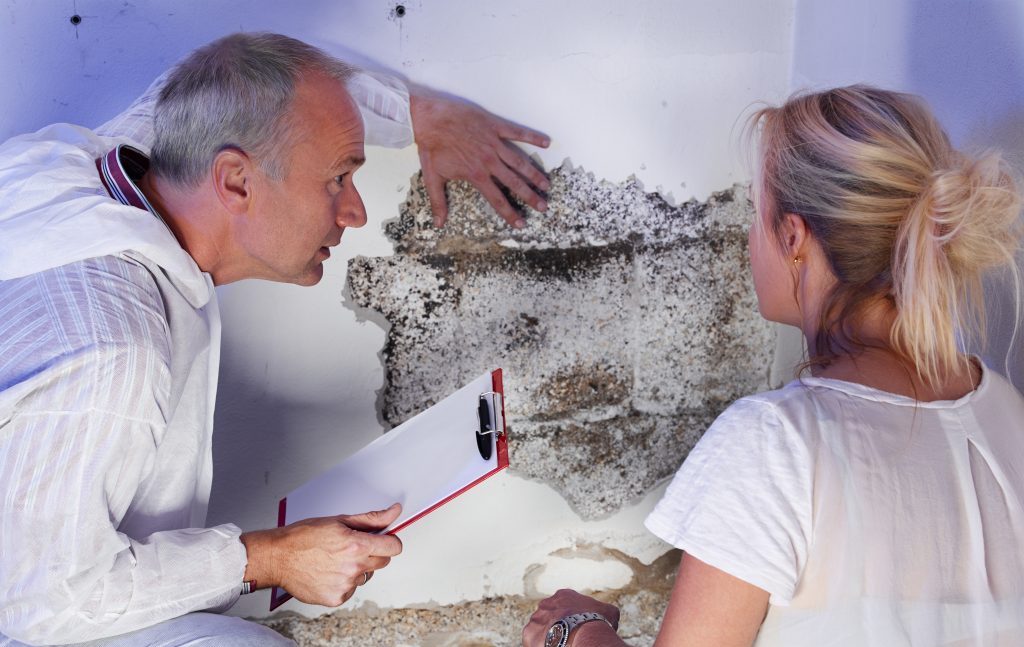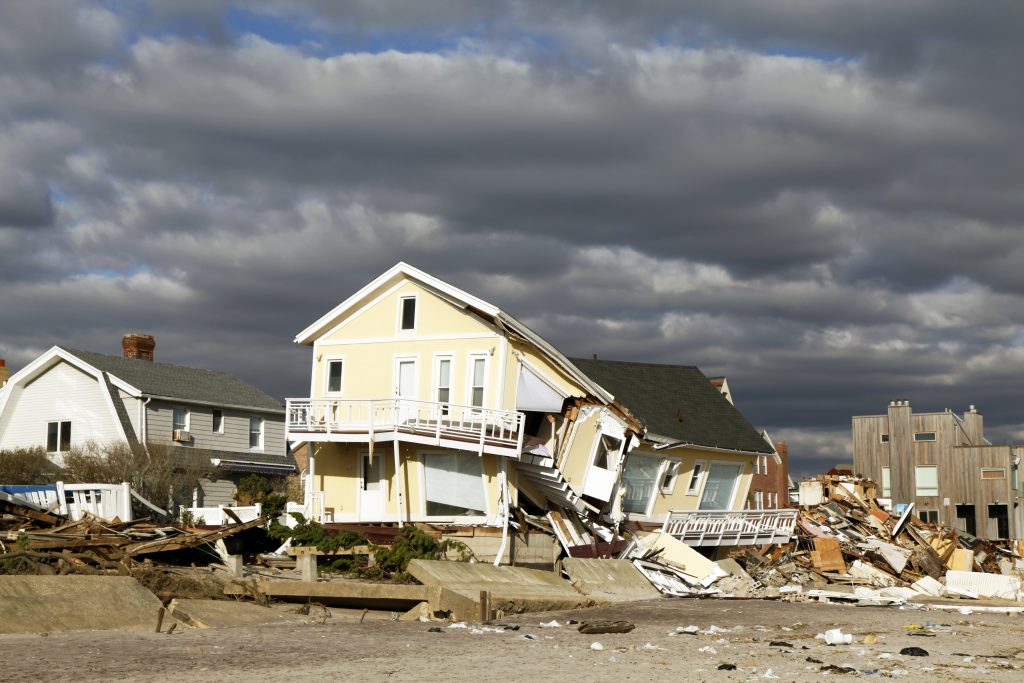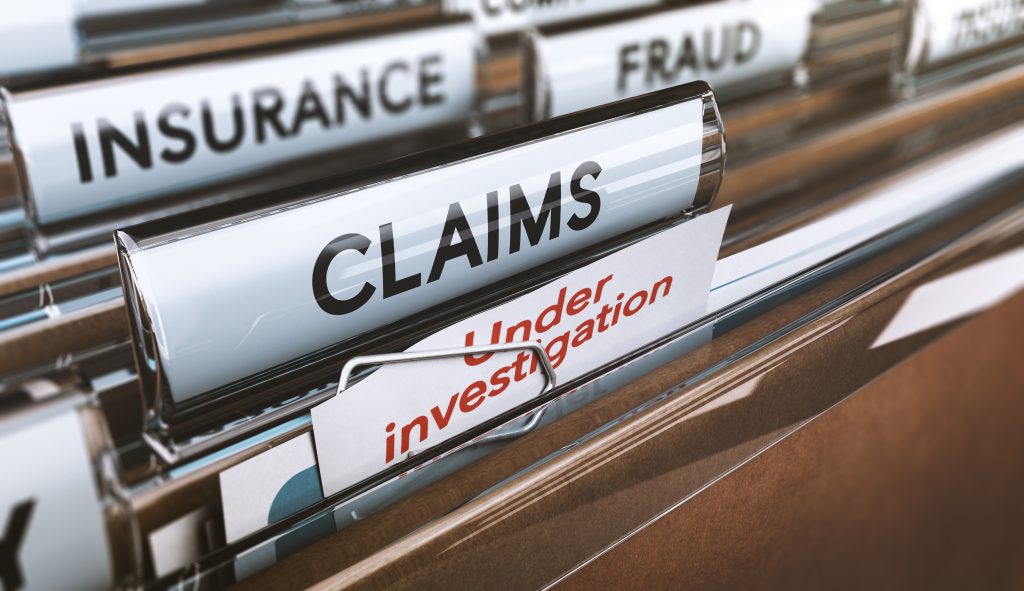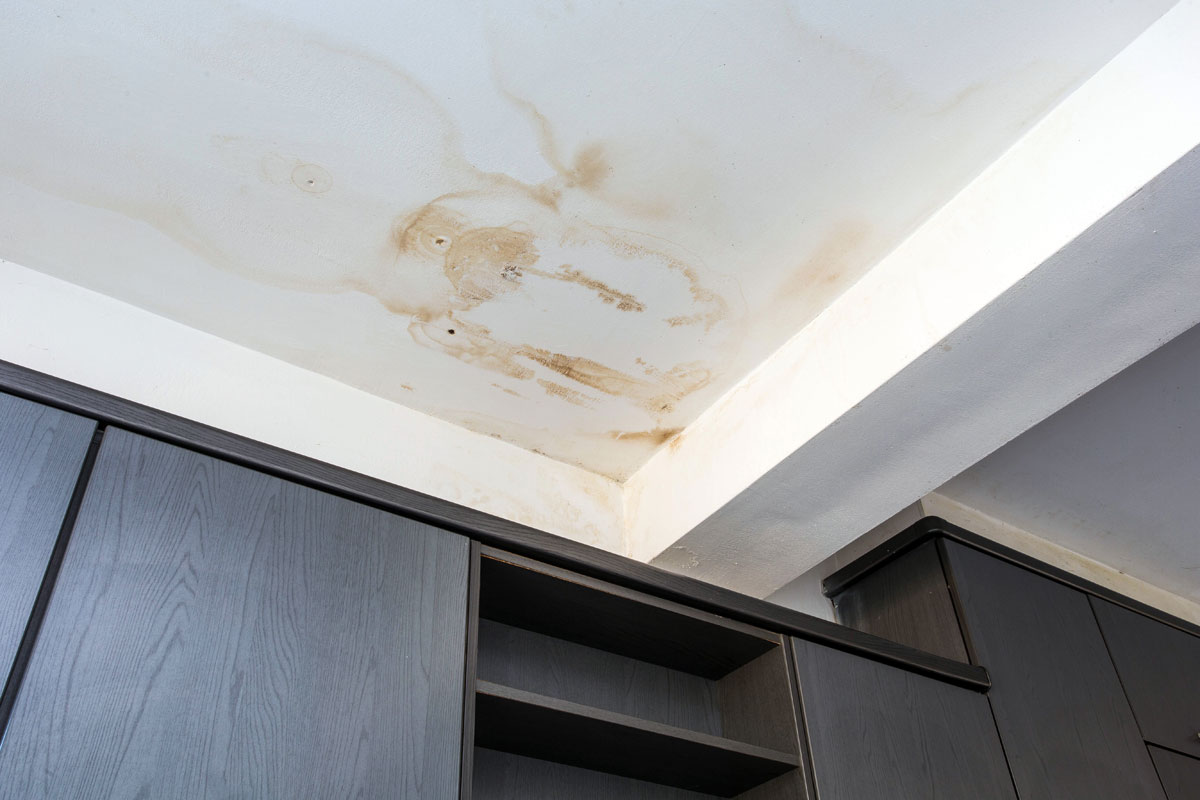Do You Have a Hurricane Ian Property Damage Claim in West Palm Beach?
Our Property Damage Lawyers Are Here to Help
West Palm Beach is home to nearly 120,000 Floridians. It’s technically considered part of the greater Miami metro area despite being nearly 70 miles from Downtown Miami.
People who assume Palm Beach County and the communities in it were unscathed by Hurricane Ian are mistaken. Despite making landfall on the West Coast of Florida, communities like West Palm Beach still felt serious affects.
At least three tornados touched down in Palm Beach County during Hurricane Ian, severely damaging roofs, knocking over trees and terrorizing area residents. Multiple Palm Beach County residents were injured and required hospitalization after being injured by falling debris and roofs.
West Palm Beach residents were fortunate to avoid the worst of what Hurricane Ian brought to Florida, but many are still grappling with significant wind damage and flood damage even a month after the storm.
Are You a West Palm Beach or Palm Beach County Resident With a Property Damage Claim From Hurricane Ian?
Paying your insurance premiums for years or even decades doesn’t necessarily mean the insurance company is going to treat you fairly in the aftermath of a disaster. Insurance adjusters are humans and mistakes will be made, especially with thousands of Floridians filing home damage claims simultaneously. If your claim is being denied, undervalued, wrongfully delayed or you just feel like you’re getting the runaround, our property damage lawyers are here to help.
What Should I Do if My Home in West Palm Beach is Uninhabitable?
Hurricanes can inflict a devastating blow on our community and force people to leave their homes and flee to safety or find a more suitable livable situation. High winds, lightning, flooding and storm surges can result in heavy damages to residential areas and displace many West Palm Beach residents after a hurricane.
If you had to evacuate, you should wait until you receive notice that your area is safe before returning to your property. The first order of business once you do return home is to determine whether your residence is habitable or not.
The Federal Emergency Management Agency (FEMA) defines a habitable home as “one that is safe, sanitary, functional and presents no disaster-caused hazards to the occupants.” Just because your home is damaged doesn’t mean its uninhabitable, but certain risks like mold, standing water or compromised structures can make staying in your home dangerous.
Get a FREE Case Evaluation
We’re available 24/7 and will respond promptly to any inquiry.
A Home is Considered Uninhabitable if:
There is a power outage and you don’t have an operating emergency generator
There are structural damages to the roof, walls, etc.
There is water damage or flooding
Water leaks or mold are present
The septic and sewer systems are not functioning properly
If you believe your home is uninhabitable, reach out to your insurance company and request information on next steps. Your home insurance policy will explain the damages covered. You may be able to secure additional living expenses (ALE) through your insurance company to cover hotel stays, restaurant bills, rent for temporary housing, etc.
In order to receive ALE, you will need to prove your home is uninhabitable. An adjuster will likely come assess the damages and determine the value of your losses. You should also take pictures and video of damage to bolster your claim.
AVAILABLE 24/7 | SE HABLA ESPAÑOL
If you run into complications or disputes with your insurance company, contact a hurricane and tropical storm damage attorney in Florida.
What Are Some Contractor Scams West Palm Beach Homeowner Should Watch Out for After Hurricane Ian?
If you’re a Florida homeowner, you’ve likely heard the nightmare stories of contractor scams. One of the most common is the “fly-by-night” roofer. This particular type of roofer moves into disaster hit areas, like West Palm Beach after Hurricane Ian, to perform substandard roof replacements at massively inflated rates. By the time their shoddy work is discovered, they’ve moved on to a new city and are nowhere to be found. These fly-by-night roofers are far from the only unscrupulous contractors who might try to prey on West Palm Beach homeowners after Hurricane Ian.
Contractor Scam Warning Signs
No License – Double check your contractor’s licensing through Florida’s licensing board website. Visit www.myfloridalicense.com to make sure any contractor you’re considering for your Hurricane Ian repairs is properly licensed to work in Florida on your home repairs.
Unusually Low Bids – If a contractor gives you an estimate that seems too good to be true, there’s a chance that it is. Contractors may try to save money by performing rushed work using low-quality materials. Cutting corners can lead to dangerous consequences or repairs that don’t last.
Read Contracts and Be Wary of Large Deposit Requirements – It’s likely a bad sign if any contractor is requiring an extremely large down payment (more than 10 percent) before they start work. Also make sure your contract contains a buyer’s right to cancel. Some contractors may also put liens against properties to guarantee pay for subcontractors or suppliers. Be cognizant of these pitfalls and always demand liens be released before you pay the contractor in full.
No Contract – A bad contract is just as bad as no contract. Always make sure you have a contract stipulating exactly the work that will be performed if you’re hiring a contractor.
No Physical Location in Florida – Be wary of contractors who just have a P.O. Box or no mailing address at all. Professional contractors experienced with repairing hurricane damage should be established businesses in Florida.
Uninsured Contractors – An uninsured contractor is bad news. Every reputable contractor operating in West Palm Beach should have general liability insurance to ensure you don’t have to pay out of your own pocket if they or one of their employees damages your home or causes an injury on your property. You may even want to ask contractors for their liability and workers’ comp policy numbers and call insurers to verify the policies if you have doubts.
“Special” Pricing – A shady contractor may attempt to entice you into signing a contract without getting other estimates by offering some kind of attractive discount or “special.” If you feel like you’re being subjected to high-pressure sales tactics, you may want to hit the brakes and get other bids.
When Is the Right Time to Call a Lawyer for My Hurricane Damage Claim?
If you’re a West Palm Beach homeowner who has been affected by Hurricane Ian or another hurricane and you’ve filed an insurance claim on your home, you’re probably expecting to be compensated for your loss. As straightforward as filing a hurricane damage claim may seem, working with an insurance company isn’t always easy. In fact, it’s not uncommon for insurance carriers to undervalue or deny hurricane damage claims, even when it’s obvious your area suffered severe damage.
Signs It May Be Time to Contact a Property Damage Lawyer
- The insurance company outright denies your claim for damages
- The insurance company claims your policy doesn’t cover the damage
- You’re offered a partial payment and the insurance company says it’s the full payment for your claim
- The payment you’ve been offered is significantly less that what you need to fix your home
- The insurance adjuster handling your Hurricane Ian claim is discouraging you from contact a lawyer because it’s “pointless” and won’t help you
- The insurance company is taking an unusually long time (over 60 days) to process your claim, leaving you stuck with damages you can’t afford to fix
- You have tried to negotiate a higher amount but to no avail

AVAILABLE 24/7 | SE HABLA ESPAÑOL
You Owe Us NO Fees or Costs Unless We Win Your Case
Call or Contact us Today for a FREE Case Evaluation
Hurricane Damage Resources
Hurricane Ian Damage FAQs
Are you a West Palm Beach homeowner who has property damaged caused by Hurricane Ian? Like many other families in the area, you may have suffered severe property damage due to the historic levels of rain and wind that inundated our community.
While your insurance company may eventually cover your damages, they’re not exactly quick to pay out money. Insurance claims adjusters will be attempting to deal with many thousands of claims across the state of Florida in the coming weeks, and it may take several months before your claim is handled.
What if your property damage is so severe that your home is currently uninhabitable, and you need to have it fixed as soon as possible so you can return home? If your home requires emergency repairs you cannot afford, there are several potential ways to cover the cost without having to take out a hefty personal loan.
Keep in mind that insurance companies should reimburse homeowners for out-of-pocket costs once their claims are paid. Always keep your home repair receipts and don’t hesitate to contact Kanner & Pintaluga if the insurance company challenges your claim.
Home Equity Line of Credit (HELOC)
A home equity line of credit allows you to secure a loan by borrowing money against the current equity in your home. HELOC loans are typically reserved for home improvements and emergency expenses, such as those associated with damage caused by Hurricane Ian. Once you receive a satisfactory settlement from your insurance company, you can use these funds to pay off your HELOC loan.
Contractor Financing
Look for contractors who offer flexible payment plans. Some contractors will offer 12-month no-interest financing, which may give the insurance company enough time to provide your full claim payment before you’re charged interest.
Many contractors are also willing to work with your insurance company or a public adjuster so you can avoid spending money out of pocket for emergency repairs.
You may also be able to find a contractor that is willing to take a small down payment and divide the cost of repairs into monthly payments. This way, you take care of the essential repairs without having to break the bank or take out loans.
Government Financial Assistance for Home Repairs in West Palm Beach
As a Hurricane Ian survivor, you are encouraged to apply for Federal Emergency Management Agency (FEMA) disaster assistance.
West Palm Beach residents who apply for FEMA disaster assistance may be eligible for financial help with temporary housing, home repairs and other Hurricane Ian-related expenses.
After a destructive hurricane sweeps through Florida, insurance companies begin processing thousands of claims. They will be looking for ways to mitigate losses from the storm by finding reasons to deny a hurricane damage claim.
While business and property owners in West Palm Beach are right to expect their insurer to pay their claim, that isn’t always what happens. Insurance companies sometimes intentionally or unintentionally underpay, delay or deny legitimate hurricane damage claims — leaving Floridians wondering how they will ever be able to afford the repairs.
Common Reasons for Claim Denial:
- The property had “pre-existing damages” prior to the hurricane
- The type of damage is not covered in the policy
- The property was not adequately secured against the hurricane
Anytime you deal with an insurance adjuster, be aware of these potential red flags:
- Lowballing or offering an unfair settlement
- Unreasonable delays while processing your claim
- Making false assumptions or statements about your policy
- Denying that your policy covers storm damage
Objectivity isn’t exactly the strong suit of insurance companies. They have a vested interest in minimizing your claim payment. Hurricane Ian is going to be massively expensive for home and business insurance companies in Florida, and they’ll be looking for every potential opportunity to save money.
Claim denials, delays and underpayments aren’t always underhanded tactics used by insurance companies to save money. After a massive natural disaster like Hurricane Ian, insurance companies will be forced to bring in temporary, poorly trained claims adjusters. People who are poorly trained or overworked will make mistakes, which could lead to your claim being unfairly valued or delayed.
A public insurance adjuster is hired by the policyholder for an objective, third-party analysis of their home’s hurricane damage. The public adjuster will use their extensive experience to accurately assess your property’s condition and calculate the appropriate claim payment for your damages.
The property damage attorneys at Kanner & Pintaluga frequently work with public adjusters to better position our clients in their negotiations with insurance companies in property damage claim disputes. We would be happy to consult with your current public adjuster or connect you with a public adjuster who can help properly analyze your home’s damage.
- Independently evaluates your property damage or loss with cutting-edge software
- Performs a thorough investigation to develop detailed evidence to bolster your claim
- Provides copious notes, reports and even file supplemental claims on behalf of their policyholder clients
- Works as a go-between in negotiations between contractors, insurance companies and policyholders
Make sure your public adjuster is properly licensed and has the requisite training to handle Hurricane Ian property damage claims. Don’t hesitate to ask prospective public adjuster questions like:
- Have you handled hurricane damage claims before?
- Do you have much experience handling my type of damage (like roof and water damage)?
- How long have you been working as a public adjuster?
- Have you dealt with my insurance company in the past?
When hurricane or tropical storm watches or warnings are in effect, West Palm Beach boat owners should take precautions to secure their watercraft. If Florida has issued a hurricane warning and there is still enough time to safely relocate your boat, do your best to move quickly and get your boat to higher ground. In the event of storm surge, do not attempt to move your boat, as this could be dangerous and potentially life-threatening.
Tips for preparing your boat for a hurricane:
- Take an inventory and document your boat’s contents (pictures and videos are always a good idea).
- Store all important documents (i.e., insurance policy, boat registration, marina rental agreement, etc.) in a waterproof lockbox and keep additional copies at home.
- Check to see if your marina has a “marina berth” designed for securing boats during a hurricane. If they don’t, you will likely need to move the boat elsewhere.
- Inspect your trailer to ensure it is in good shape for moving and transporting your boat.
- Remove everything from the boat that could potentially come off during a storm.
- Store your boat in a garage if possible. Securing the boat to strong trees should work if this isn’t an option for you.
Always be familiar with your marine insurance. If you are unsure if your insurance company covers storm or weather-related damages, request a copy of your policy. Many standard marine insurance policies don’t cover storm damages unless you add it, so it’s a good idea to confirm what is included in your coverage.
If you lose your boat in a hurricane or it is extremely damaged, you can file a storm damage claim with your insurance company.
The National Flood Insurance Program sells flood insurance policies to homeowners who own properties in high-risk, moderate-risk and even low-risk areas. Homeowners insurance companies require home and business property owners who have loans through federally insured mortgage companies to carry appropriate flood insurance.
The requirement doesn’t apply to property owners who have paid off their mortgages. Just because you’re not required to carry a NFIP policy doesn’t mean you should forego the coverage, especially if you live in Florida.
As Hurricane Ian has shown, storm surge can push water deep into cities, and rainfall can flood rivers, streams and lakes across the peninsula. Every property owner should be cognizant of the risks posed by flood damage and carry adequate flood insurance.
Just because you’re in a low-risk area on the flood map doesn’t mean your home is immune to flooding. Approximately a quarter of flood claims occur in low-risk and moderate-risk areas.
No – it’s rare for home insurance companies to cover natural flood damage. If a pipe bursts in your home or you have flood damage from some kind of plumbing leak or non-natural source of water, your home insurance will likely cover it.
Your insurance may also cover incidental water damage that occurred due to wind damage. For example, if Hurricane Ian damaged your roof and rain got into your home and caused water damage, your normal home insurance should technically cover the damage. However, those types of claims can get especially contentious, which is why it may be in your best interest to contact a property damage lawyer or public adjuster.
Now that Hurricane Ian has done its damage in West Palm Beach, you may be getting ready to file a property damage claim with your insurance company. If your home has suffered flood damage from storm surge and heavy rainfall, you may be under the assumption your home insurance policy will automatically cover your flood damage-related expenses.
Unfortunately, this isn’t always the case. It’s possible you may have water damage coverage only, which unbeknownst to many Florida homeowners, is different from flood damage.
Water damage usually stems from internal issues in your home. Examples of water damage include:
- Pipe bursts
- Bathtub leaks
- Toilet overflowing
- Washing machine and dishwasher leaks
Although most natural water damage isn’t covered, water damage that happened because of a listed peril should be covered. If debris breaks through a window, letting rain inside your home, that water damage may be covered by your policy because it’s not “flood” damage.
As the name implies, flood damage is typically caused by external and uncontrollable forces causing natural sources of water to rise into your home. Common examples of flood damage in Florida include:
- Hurricanes
- Tropical storms
- Storm surge
- Rivers, lakes and swamps overflowing
If you have a water line inside your home or garage because water was sitting in it due to storm surge or an overflowing lake or river, it will likely be categorized as flood damage.
As surprising and counterintuitive as it may be, flood damage isn’t covered by your home insurance policy. Homeowners instead must rely upon a separate flood insurance policy. Hurricane Ian left no doubt about West Palm Beach’s vulnerability to severe flooding. To have peace of mind moving forward, it may be a good idea to maintain a flood damage policy – even if your area is listed as moderate- or low-risk on flood maps.
You’ll need to file a property damage claim with your insurance carrier. There are more than 50 private insurance companies that offer NFIP flood policies. You can find a list of flood insurance providers in Florida on FEMA’s National Flood Insurance Program website. If you think you have a policy but aren’t sure about the company through which you’ve acquired it, you can contact the National Flood Insurance Program directly.
If your claim is undervalued or denied altogether, be sure to contact a Florida water damage attorney, such as the experienced lawyers at Kanner & Pintaluga.
What Our Clients Are Saying
We Fight for All Floridians, including those in:
AVAILABLE 24/7 | SE HABLA ESPAÑOL


